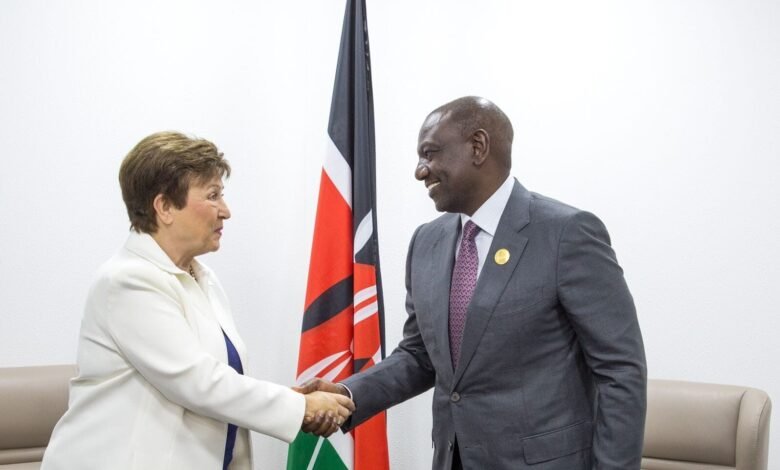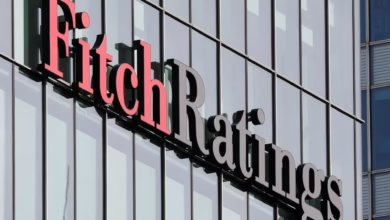
Kenya has asked the International Monetary Fund (IMF) for an in-depth assessment of how corruption and mismanagement of state resources drain its public finances.
Chronic corruption in Kenya was a major driver of the mass demonstrations that paralyzed the country in September and saw protesters storm parliament demanding a government overhaul.
Although countries have to request the IMF audit, western governments had urged Kenya to seek the so-called “governance diagnostic” to help it complete a long-delayed review of a $3.6 billion financing program to unlock a much-needed $600 million disbursement, according to two Nairobi-based diplomats.
“In line with the IMF’s framework on enhanced fund engagement on governance, we have asked for diagnostic assessment for Kenya in order to get independent assessment of corruption vulnerabilities and governance weaknesses linked to corruption in critical priority areas,” said Treasury Principal Secretary Chris Kiptoo.
“This has nothing to do with unlocking the funding from IMF as this is not part of the current program,” he added.
Also Read: How Finance Bill 2024 Cost Kenya Ksh.131 Billion Funding from IMF
Key areas include anti-money laundering, combating the financing of terrorism, central bank governance, financial sector oversight, public finance management, tax policy and revenue administration, state enterprise management and public procurement, Kiptoo said.
“We will use the outcome of such assessment in improving future governance decisions,” Kiptoo said. Kenya ranks 126 out 180 on Transparency’s corruption index.
Unlocking Funding
While the international community is encouraged by Kenya’s decision, the assessment is unlikely to have any impact on fiscal targets set in the IMF reform program, according to the Nairobi-based diplomats, who asked not to be named as they aren’t authorized to publicly comment on national matters.
The only benefit would be an overall improvement in Kenya’s fiscal situation as less state money will go to waste, they said.
At least 14 other countries have requested similar evaluations, including ten in Africa, according to the lender. In Sri Lanka, the IMF’s post-governance diagnostic report recommended, among other things, making public asset declarations of top officials including the president, and a designated website listing winners of public procurement contracts above a certain threshold.






My partner and I stumbled over here by a different website and thought I might as well chwck things out.
I like what I see so now i am following you. Look forward to
finding out about your web page again. https://careers.Cblsolutions.com/employer/22bit-22bit-casino44/